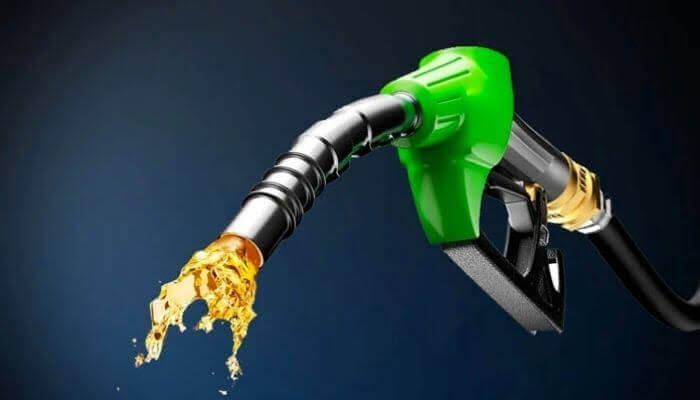Nigeria Records 18.5 Million Litres Decrease in Average Fuel Consumption Post-Deregulation

Nigeria Records 18.5 Million Litres Decrease in Average Fuel Consumption Post-Deregulation
By: Ogunleye Oluwapelumi
Data obtained from the Nigerian Midstream and Downstream Petroleum Regulatory Authority in Abuja has revealed that the average consumption of Premium Motor Spirit, popularly called petrol, has dropped from 66.9 million liters daily to 48.4 million liters since May 29 when the President Bola Tinubu-led government announced the removal of fuel subsidy.
The figures were obtained from data obtained on Sunday, June 28, 2023, from the Nigerian Government Agency. An analysis of the data by PUNCH showed that the difference between the average monthly consumption figures during the pre-deregulation and post-deregulation periods was about 18.5 million liters.
This implies that the average daily consumption of petrol across the country was reduced by about 18.5 million liters after the subsidy on the commodity was stopped by the Federal Government. The decrease in fuel consumption is expected to have a significant impact on the Nigerian economy, as it will lead to a reduction in the amount spent on fuel imports.
It will also help to reduce the amount of fuel smuggled out of the country to neighboring nations, which has been a major challenge for the Nigerian National Petroleum Company Limited and oil marketers.
In related news, the President of the Nigeria Association for Energy Economics, Prof. Yinka Omorogbe, has said that the fuel subsidy regime created avenues for terrible practices. She stated that the removal of fuel subsidy is a step in the right direction, as it will help to curb corruption and ensure that the country’s resources are used judiciously. She also called on the government to invest the money saved from the removal of fuel subsidy in critical sectors of the economy, such as health, education, and infrastructure.










